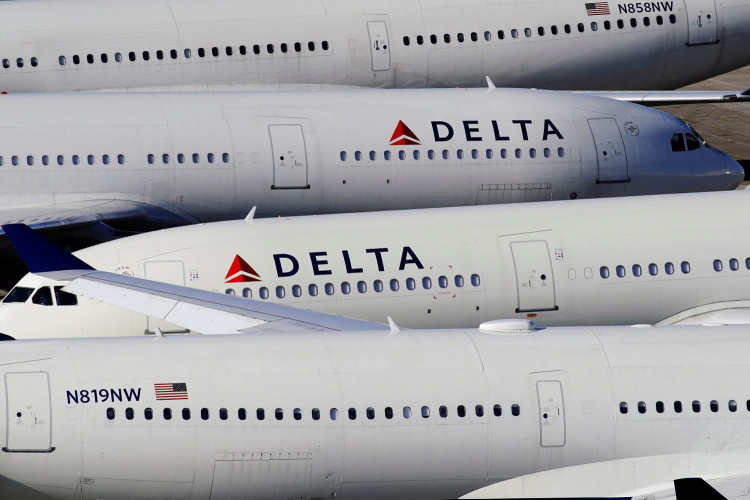Delta Air Lines reported record revenue for the second quarter, driven by robust summer travel demand, yet fell short of analysts' expectations as a surplus of flights forced carriers to discount fares. This revenue miss has led to an 8% drop in Delta's shares, raising concerns about the broader airline industry's ability to maintain profitability in a competitive market.
Delta's revenue for the quarter ending June 30 reached $15.41 billion, a 5.4% increase from the previous year but slightly below Wall Street's expectations of $15.45 billion. Adjusted earnings per share came in at $2.36, in line with analysts' forecasts, but the airline's projection for the third quarter fell short. Delta expects sales to rise no more than 4%, below the anticipated 5.8% growth, and forecast adjusted earnings per share between $1.70 and $2.00, missing the $2.05 expected by analysts.
Despite the strong travel demand, Delta CEO Ed Bastian acknowledged that the domestic marketplace is showing signs of price sensitivity, impacting fare levels. "The second quarter was a really strong performance," Bastian said. "What you see happening is the impact in the domestic marketplace to the lower fare discounting that's been going on this quarter."
June saw airfare prices drop by 5.1% year-over-year and 5.7% from the previous month, reflecting an easing inflation trend. This decline in prices, coupled with increased capacity, has put pressure on airlines to maintain profitability. Delta's net income for the quarter fell nearly 30% to $1.31 billion, or $2.01 per share, as operating expenses rose by 10%.
Delta remains the most profitable U.S. airline, but the industry faces challenges as other carriers expand their flight offerings, leading to overcapacity and lower fares. The Transportation Security Administration reported screening over 3 million people at U.S. airports for the first time on a single day, indicating strong travel demand. However, this demand has not translated into higher fares due to the competitive market.
Delta's strategy includes increasing its flying capacity by 5% to 6% in the third quarter compared to the previous year, a slower rate than the 8% expansion in the second quarter. Bastian expects Delta's unit revenues to turn positive over last year in September, aligning capacity with demand more effectively.
International travel continues to be a strong revenue driver for Delta. Revenue from international flights, particularly trans-Atlantic routes, has remained robust. However, the upcoming Summer Olympics in Paris is expected to slightly impact trans-Atlantic unit revenue, as Delta has significant capacity to the French capital through its partnership with Air France.
Premium ticket sales have been a bright spot for Delta, with revenue from first-class and other premium seats rising 10% to $5.6 billion in the second quarter. In contrast, revenue from coach tickets saw a modest increase of 0.3% to $6.7 billion. Delta's partnership with American Express also contributed significantly, bringing in $1.9 billion, up 9% from the previous year.
Despite these positive indicators, the airline industry is facing a challenging environment. Delta's full-year earnings forecast remains between $6 and $7 per share, with expectations to generate up to $4 billion in free cash flow. However, the pressure from discounted fares and rising operational costs poses a significant challenge.
Looking ahead, Delta's international partnerships, such as the recent agreement with Riyadh Air, are part of its strategic expansion to bolster revenue streams. This partnership aims to enhance connectivity between North America, Saudi Arabia, and other destinations, with flights expected to commence next summer.






